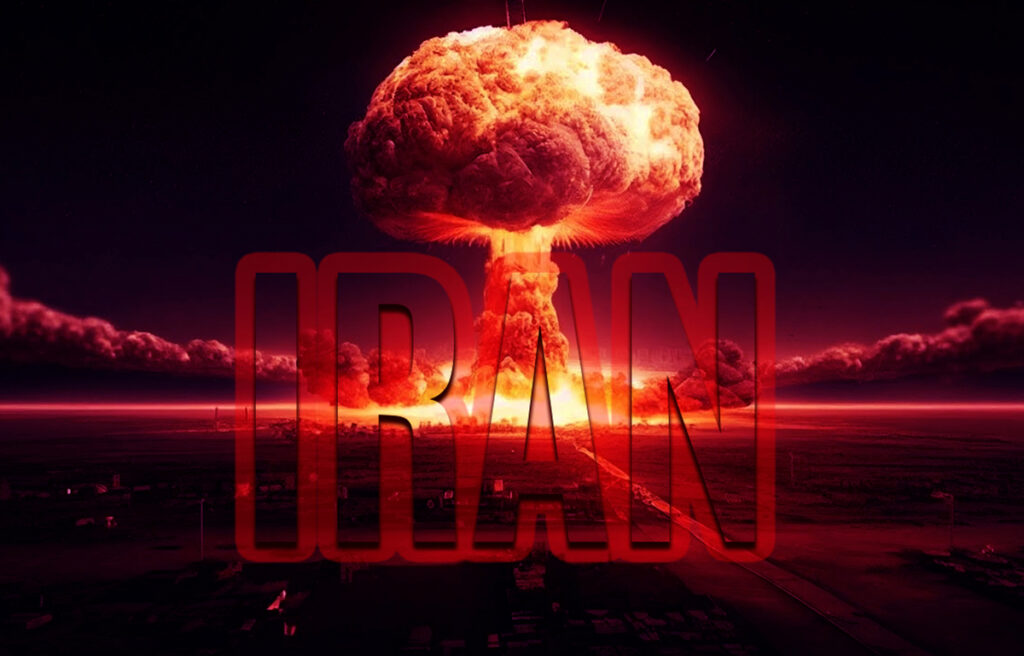Introduction
In a significant diplomatic development, Iran has agreed to resume nuclear negotiations with the European Union’s E3 countries—Britain, France, and Germany. These talks are scheduled to take place in Rome on Friday, April 30, 2025, and are part of a broader effort to revive the 2015 Joint Comprehensive Plan of Action (JCPOA), which aimed to limit Iran’s nuclear program in exchange for sanctions relief. The resumption of these talks comes amid heightened concerns over Iran’s nuclear activities and the potential re-imposition of United Nations sanctions.
Background
The JCPOA, commonly known as the Iran nuclear deal, was signed in 2015 between Iran and six world powers—the U.S., U.K., France, Russia, China, and Germany. The agreement provided Iran with sanctions relief in exchange for curbing its nuclear program. However, in 2018, the United States withdrew from the deal under President Donald Trump, leading to increased tensions and Iran’s subsequent scaling back of its commitments under the agreement. Since then, there have been multiple rounds of negotiations aimed at reviving the deal, with varying degrees of success.
The Upcoming Talks
Iran’s Foreign Minister, Abbas Araghchi, announced that the upcoming talks with the E3 countries will focus on addressing Iran’s nuclear program and the potential lifting of sanctions. The discussions are expected to be technical and detailed, aiming to find a mutually acceptable framework for resuming compliance with the JCPOA. The E3 countries have expressed cautious optimism about the talks but have emphasized the need for Iran to demonstrate genuine commitment to the agreement.
Challenges and Considerations
One of the primary challenges facing the negotiations is the looming expiration of the U.N. Security Council resolution that enshrines the JCPOA, which is set to occur in October 2025. If a new agreement is not reached before then, the “snapback” mechanism could be triggered, leading to the automatic re-imposition of U.N. sanctions on Iran. This prospect has added urgency to the current round of talks.
Additionally, Iran has expressed concerns over the U.S.’s recent imposition of new sanctions targeting its ballistic missile program. Iran views these sanctions as counterproductive and as sending the “wrong message” during sensitive negotiations. The E3 countries have urged Iran to return to full compliance with the JCPOA, warning that failure to do so could lead to the reactivation of sanctions.
Broader Implications
The outcome of these negotiations could have significant implications not only for Iran and the E3 countries but also for regional and global security. A successful agreement could lead to the lifting of sanctions on Iran, potentially improving its economic situation and fostering greater regional stability. Conversely, a breakdown in talks could exacerbate tensions in the Middle East and lead to further isolation of Iran on the international stage.
Conclusion
As the talks in Rome approach, all eyes will be on Iran and the E3 countries to see if they can overcome their differences and reach a new agreement that addresses the concerns of all parties involved. The coming days will be critical in determining the future of the Iran nuclear deal and the broader geopolitical landscape.
Sources:







